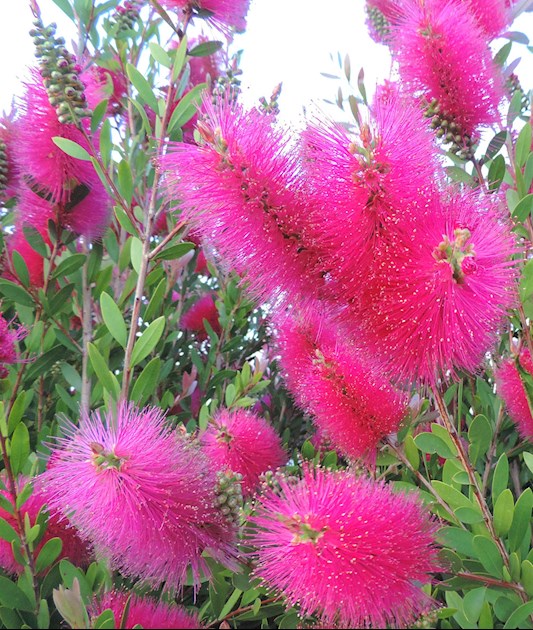Following on from the Israeli research that Probiotics are mostly useless and can actually hurt you: healthunlocked.com/cllsuppo... , a recent The Conversation article notes that "This research exposes a perhaps unexpected truth: we still don’t know what types of bacteria are truly beneficial or even what constitutes a healthy microbiome.
The answer is unlikely to be that individual bacterial strains are particularly helpful.
It’s more likely a diverse community of thousands of different types of microbes working together can provide health benefits. This microbial community is as individual as each one of us, meaning there is not just one configuration that will result in health or illness.
So, it’s unlikely that the addition of one or even 11 strains of bacteria in a probiotic could somehow balance this complex system.
A more effective (but less palatable) alternative?
The Israeli study also explored an alternative approach to microbiome restoration.
One group of participants had their own stool collected and frozen prior to antibiotic treatment. It was then re-instilled into their gut at the end of the antibiotic therapy.
This treatment, known as autologous faecal transplantation, was able to restore the microbiome to original levels after just eight days. The other group took 21 days to recover."
Full article by Lito Papanicolas, Infectious diseases specialist and PhD candidate and Geraint Rogers, Professor; Director, Microbiome Research, South Australian Health & Medical Research Institute: theconversation.com/health-...
In an 'appendix' to this post, we are finally recognising that our appendix provides a safe harbour for our microbiome, so that our gut can be repopulated with healthy bacteria after diarrhoea. From WebMD: webmd.com/digestive-disorde...
Full paper The immunology of the vermiform appendix: a review of the literature: ncbi.nlm.nih.gov/pmc/articl...
Plus it has been discovered that our appendix is an important part of our immune system up until our 60's. From Scientific American: scientificamerican.com/arti...
Among adult humans, the appendix is now thought to be involved primarily in immune functions. Lymphoid tissue begins to accumulate in the appendix shortly after birth and reaches a peak between the second and third decades of life, decreasing rapidly thereafter and practically disappearing after the age of 60. During the early years of development, however, the appendix has been shown to function as a lymphoid organ, assisting with the maturation of B lymphocytes (one variety of white blood cell) and in the production of the class of antibodies known as immunoglobulin A (IgA) antibodies. Researchers have also shown that the appendix is involved in the production of molecules that help to direct the movement of lymphocytes to various other locations in the body.
"In this context, the function of the appendix appears to be to expose white blood cells to the wide variety of antigens, or foreign substances, present in the gastrointestinal tract. Thus, the appendix probably helps to suppress potentially destructive humoral (blood- and lymph-borne) antibody responses while promoting local immunity."
So much for the long held belief that our appendix is a vestigial organ with no purpose!
Neil
Photo: It's Bottlebrush season!
